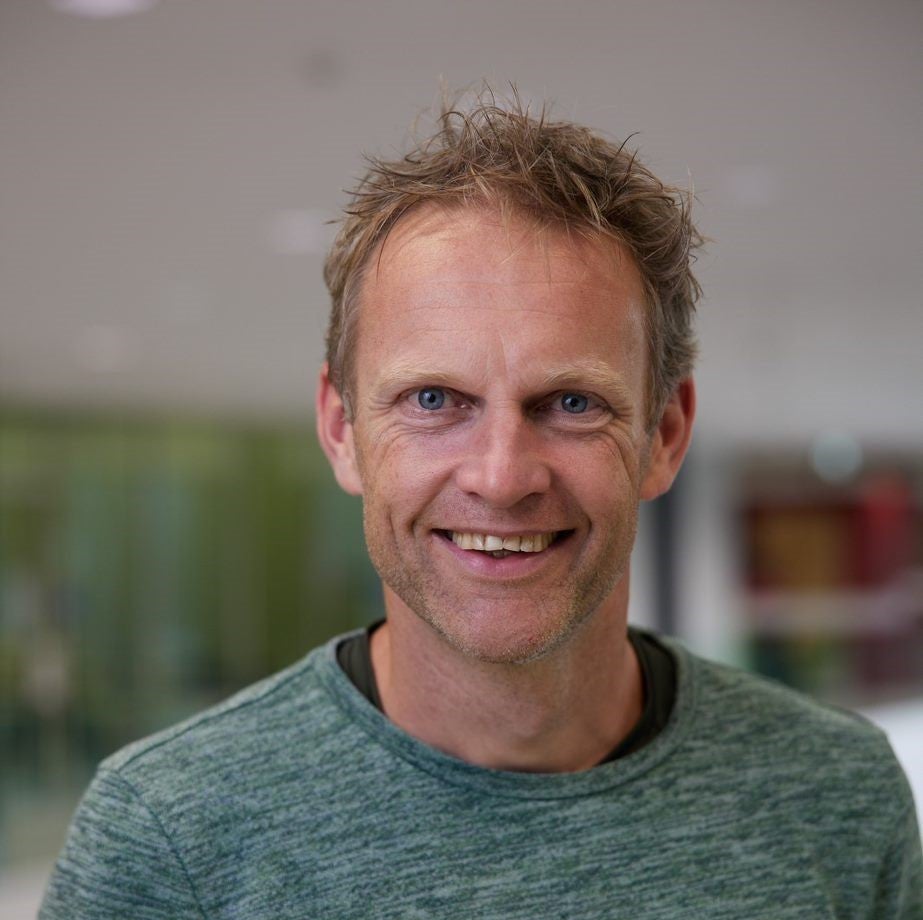"What is learned young is done old." The movement skills of young children deserve more attention in a changing society.
Movement scientist Pim Koolwijk investigated how the motor skills of young children can be stimulated as efficiently and effectively as possible by sports professionals. The development of motor skills from kindergarten age onwards differs for each child. However, 1 in 5 children has a concerning motor development. Being overweight or obese and not being a member of a sports club are important characteristics of children whose motor development is lagging. Parents also play an important role; setting a good example and creating an environment where a child can play (for example, in the garden or at home) helps support the child’s motor development. Furthermore, children should be introduced to a wide range of activities that are offered multiple times per week. Lastly, proper education and guidance for sports professionals working with young children is essential.
Children are becoming less physically active, gaining more weight, and sitting more—partly due to a changing physical and social environment and increasing use of social media. This can have far-reaching consequences for a child’s physical and socio-emotional development later in life. The foundation for good movement skills must be laid at a young age—after all, what is learned young is done old. However, many questions remain unanswered when it comes to the development of young children's movement skills in the Netherlands.
To prevent health and socio-emotional issues later in life, efforts must be made at an early age to improve young children's motor skills. The home environment plays an important role in this, but so do physical education teachers, after-school care (BSO) staff, sports club trainers, and other professionals—they all have a major responsibility. This study advocates for an integrated approach starting in the first year of primary school. A future with (mandatory) qualified physical education teachers for young children in schools, well-trained BSO staff with relevant knowledge to optimally stimulate movement skills, and municipal policies focused on designing outdoor spaces where young children can play safely—these are ambitions the Netherlands should not postpone. After all, what is learned young is done old.
More information on the thesis
